
Health
-
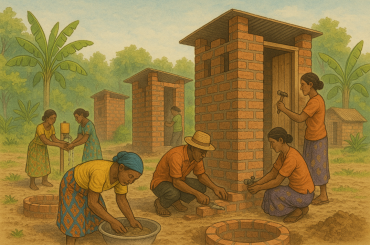
Improving sanitation: What works and what doesn’t
Approximately one billion people worldwide lack access to proper sanitation. How does this impede development, and what investments are necessary to bridge this gap?
-
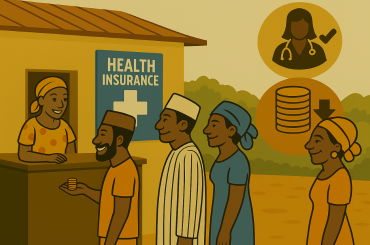
Unlocking financial protection for informal workers by bundling health insurance with microcredit
Bundling health insurance with microcredit reduced out-of-pocket health expenses by 50% among informal workers in Burkina Faso without decreasing microcredit uptake, offering a promising pathway to universal health coverage.
-
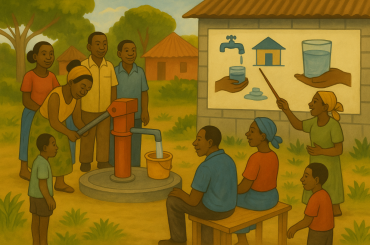
Lessons from a community-led WASH programme in the Democratic Republic of Congo
A community-led water, sanitation, and hygiene programme in the Democratic Republic of Congo improved access but was unable to protect child health. Evidence suggests that more investment in water quality may be necessary to reduce diarrheal diseases...
-

War in the womb: How conflict hurts children in Afghanistan
As global conflicts grow, new evidence from Afghanistan shows that girls exposed to war violence in utero suffer long-term setbacks in learning and development. Addressing these hidden costs of conflict must be part of any strategy for peace and reco...
-

Calling all parents: Boosting early childhood outcomes in Uruguay
A phone-based intervention in Uruguay, which included access to an AI chatbot, demonstrates how behavioural insights can enhance parenting practices and improve early childhood development at scale.
-
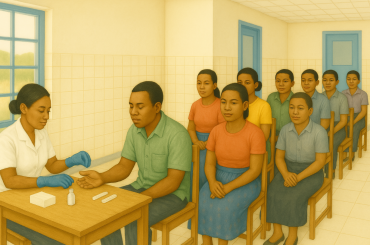
Why knowing your HIV status can be fatal when there are no treatment options
In 2004, a randomised controlled trial provided individuals in Malawi with information about their HIV status, despite treatment being unavailable in the country at the time. Did knowing one’s diagnosis help or hurt?
-

Patent pools can promote the diffusion of life-saving drugs in developing countries
Geographic patent pools boost drug licensing and commercialisation, expanding access to life-saving drugs in developing countries.
-
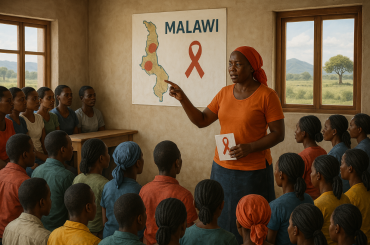
People think it’s easy to contract HIV. That might not be a good thing.
Despite the high HIV prevalence in Malawi, individuals do not seem to adjust their behaviour to avoid infection—this may be due to the perceived transmission risk being so high that people become fatalistic, assuming they are doomed to HIV infection ...
-

Protecting girls at school: How sanitation infrastructure can reduce sexual violence
In India, over 30% of reported rape cases involve victims under 18, with girls particularly at-risk. Legal reforms and cultural shifts are essential, but slow to implement. Could school toilets provide a short-term solution to the problem?